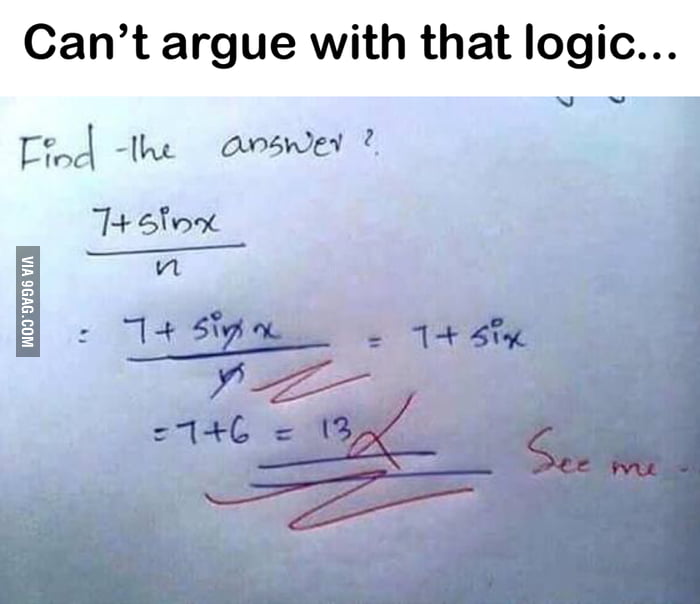Yes I know what you mean about the unknown middle... However, the low level to me means the physical brain, and while socionics had this idea about cognition, it interested me as anything related to human cognition interests me, but ultimately I see it as assuming things it shouldn't be assuming (reminder about occam's razor here too), going too far from this low level. (I listed previously what things.) There are a lot of high level approaches in this topic that do not assume these things (even though I do see these as not the best approach either on their own). I suppose you don't mind assuming those extra things, for some reason.
OK, you think that those generic similarities are a strong enough sign, well, I don't.

As for philosophy, a science philosophy book is what I started on last time, and I do see a lot of point in studying that as it directly relates to the areas I'm focused on.
Btw, can you answer the question I had about whether you really meant that all the socionics material on the english sites is inadequate without the philosophy background?




 Reply With Quote
Reply With Quote I don't think I'm ILE. A few people don't agree with me on this and a few do agree.
I don't think I'm ILE. A few people don't agree with me on this and a few do agree.
